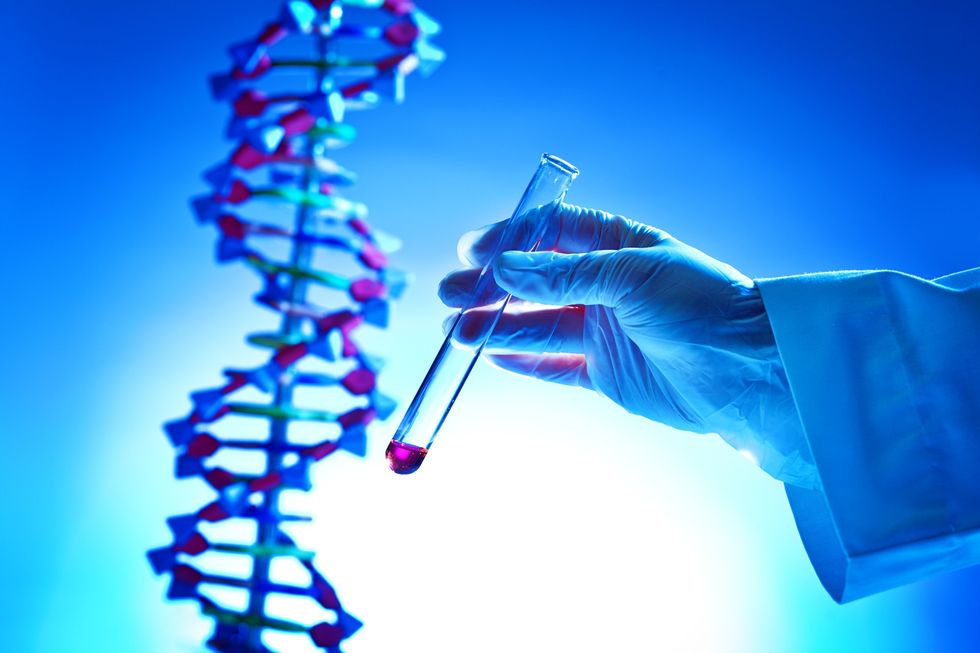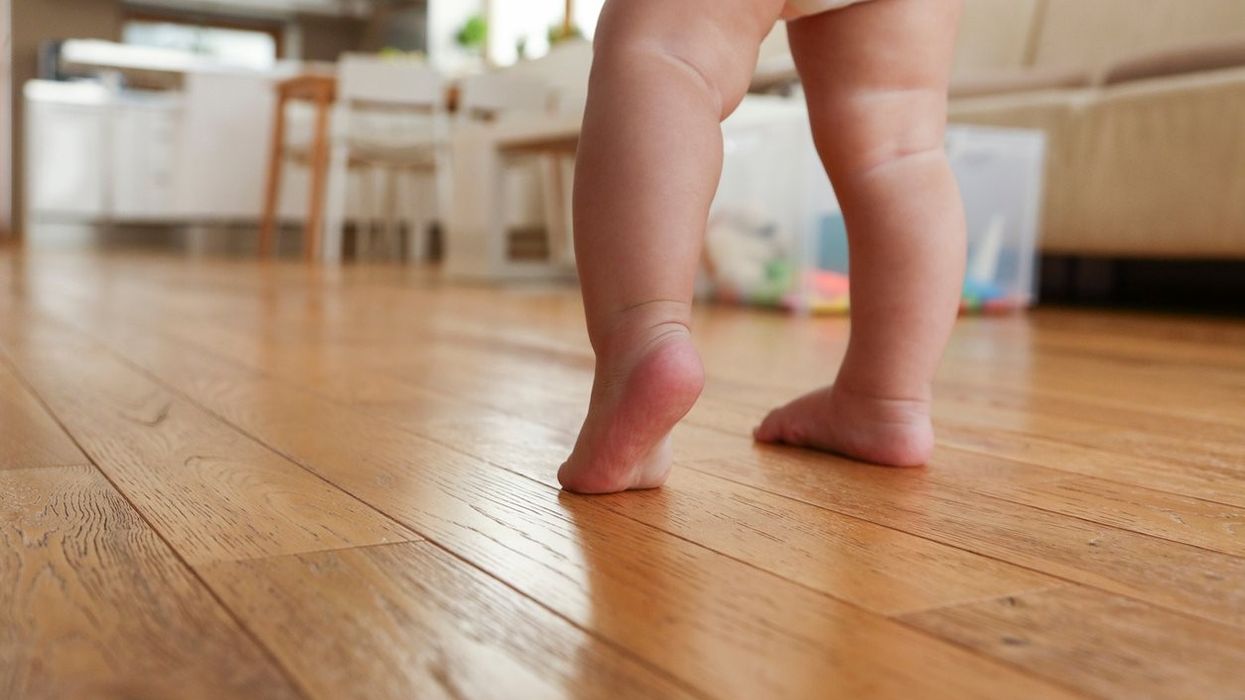Lenmeldy, a new gene therapy for the rare and fatal childhood disease metachromatic leukodystrophy (MLD), has become the world's most expensive drug, at a whopping $4.25 million (£3.350 million).
MLD is a brutal illness that strikes toddlers and affects their ability to walk and talk. It's a heartbreaking reality for families, with roughly half of the afflicted children succumbing to the disease, while the others live on in a vegetative state.
However, MLD is also incredibly rare, affecting only around 40 children annually in the United States. This very rarity lies at the heart of the soaring price tags associated with new gene therapies like Lenmeldy. Consider the economics: Orchard employs a staff of 160, a stark contrast to the limited number of children they can treat over several years.
“My heart wants to talk about what an effect this therapy has had on these children. Without it, they will die very young or live for many years in a vegetative state. But kids who get the gene therapy, mostly end up being able to walk and do well cognitively. The ones we treat are going to school, they’re playing sports, and they are able to tell their stories,” says Orchard’s chief medical officer, Leslie Meltzer.
While the manufacturer, Orchard Therapeutics, justifies this astronomical cost by highlighting the treatment's potential to cure a deadly disease, affordability and accessibility remain major concerns.
This raises questions about the commercial viability of Lenmeldy, even at its current price. Experts predict a challenging journey, citing the past struggles of gene therapies on the market. The European experience with Lenmeldy, approved there three years ago at a slightly lower price, reflects this. Orchard generated a mere $12.7 million (£10.04 million) from sales for most of last year, a clear indication of the limited number of children treated.
Despite the financial concerns, Lenmeldy offers a glimmer of hope. The treatment works by adding a missing gene to a child's bone marrow cells, effectively reversing the root cause of the disease in the brain. Children who participated in trials that began in 2010 are now living normal lives, a testament to the therapy's effectiveness.
Independent groups also support the value of Lenmeldy. The Institute for Clinical and Economic Review, which assesses drug value, estimates the treatment to be cost-effective within a range of £1.8 million to £3.08 million. However, super-high prices can signal economic unsustainability. A previous record holder, the gene therapy Glybera for a different condition, was purchased only once before being pulled from the market due to its $1 million price tag, which couldn't be justified by its limited effectiveness.

Hemgenix, a £2.7 million gene therapy for haemophilia, held the title of the most expensive drug until Lenmeldy's arrival. Although these therapies were envisioned to generate billions in sales, news reports suggest a lower-than-expected uptake.
Orchard itself discontinued another gene therapy, Strimvelis, which offered a cure for a specific immune deficiency. The limited patient pool and the existence of an alternative treatment proved to be insurmountable hurdles, even with a money-back guarantee. Orchard was subsequently acquired by the Japanese drug company Kyowa Kirin.
The success of Lenmeldy hinges on early testing. Once symptoms develop, it might be too late. Currently, many cases are identified only because an older sibling succumbed to the inherited condition.
Early detection through newborn screening programs could be a game-changer, allowing for timely intervention and potentially saving countless lives. A decision on newborn screening for MLD is expected in May 2024.
Amy Price, a parent who lost one child to MLD but saved two others with Lenmeldy, exemplifies the human impact of this treatment. Her two treated children are now thriving teenagers.
While acknowledging the high cost, this treatment emphasises the long-term benefits compared to the financial burden of caring for an untreated child.
Lenmeldy represents a significant breakthrough in gene therapy. However, its high cost and the rarity of the disease it treats create significant challenges. Increased access through early testing and insurance coverage will be crucial for maximising the life-saving potential of this groundbreaking treatment.
Teddi Shaw, a toddler with a rare genetic disease, became the first child in the UK in 2023 to receive life-saving gene therapy on the NHS. last year, in February. The treatment, Libmeldy, is very expensive but could not help Teddi's older sister Nala, who was diagnosed too late.
Both girls have MLD, a fatal condition that attacks the brain and nervous system. Nala started showing symptoms first, like uncoordinated walking and tremors. The doctors initially dismissed the parents' concerns but later confirmed it was MLD.
Sadly, by the time Nala was diagnosed, the new gene therapy was no longer an option for her. Now terminally ill, Nala can only receive supportive care.




